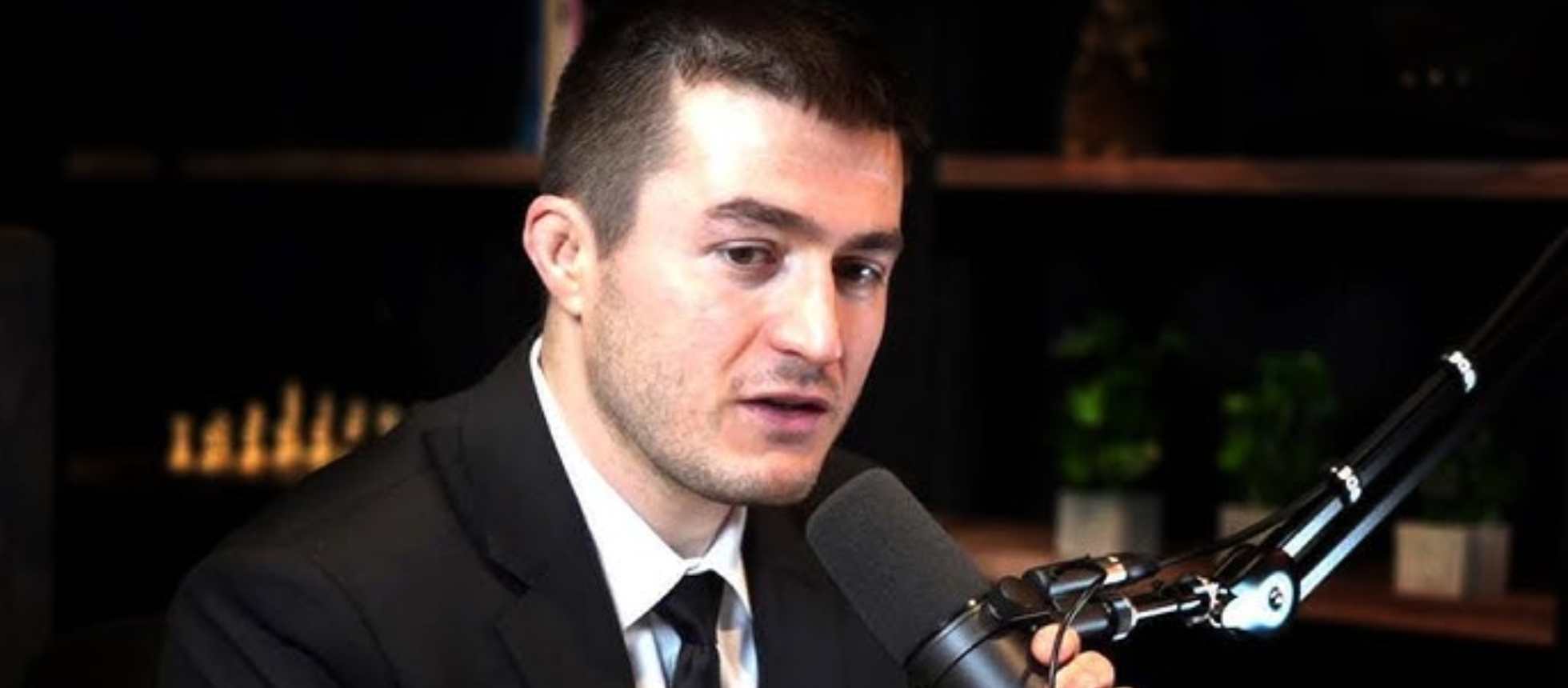The question of whether poopular podcaster Lex Friedman is an “industry plant” has gained significant traction in recent months. There are quite a few YouTube videos questioning his authenticity, with critics examining his meteoric rise from relative obscurity to becoming one of the world’s most influential podcasters. The allegations center around his academic credentials, connections to powerful figures, and the circumstances surrounding his breakthrough into mainstream media.
At the heart of the criticism lies Friedman’s relationship with MIT. While he consistently presents himself as an MIT researcher and former professor, investigations reveal a more complex picture. According to critics, Friedman taught only a single non-credit community class at MIT—an after-hours course that required no grading or formal academic requirements. These classes are typically open to anyone with interest in the subject matter.
Despite this limited connection, Friedman has leveraged his MIT association extensively across his social media profiles, LinkedIn, and academic papers. Notably absent from his public persona is any mention of Drexel University, where he actually obtained his bachelor’s, master’s, and PhD degrees. This selective presentation of credentials has raised questions about transparency and authenticity.
Friedman’s rise to prominence can be traced to a controversial paper he wrote about Tesla’s self-driving capabilities. The paper, which was notably favorable to Tesla, was never peer-reviewed or published through traditional academic channels—a significant red flag in academic circles. Industry experts criticized the work as “incorrect, biased, and misleading to the point of negligence.”
However, the paper caught the attention of Elon Musk, who subsequently signal-boosted Friedman’s work and appeared on his podcast after just 18 episodes. This connection proved pivotal, transforming Friedman from an unknown researcher into a mainstream podcasting figure virtually overnight. Since then, Friedman has maintained an unwavering support for Musk and his ventures. It has led ti numerous accusations of compromised editorial independence.
Additionally, Friedman’s appearance on Joe Rogan‘s podcast cemented his position in the podcasting industry. Rogan’s endorsement opened doors to high-profile guests and overlapping audiences, establishing Friedman as the “intellectual” counterpart to Rogan’s more casual approach. This relationship has been crucial to Friedman’s continued success and access to influential figures.
Critics point to several concerning patterns in Friedman’s behavior. He reportedly blocks social media users who question his credentials or mention Drexel University, despite claiming to champion free speech. His subreddit allegedly bans users for asking about his background, leading to the creation of alternative forums for discussion.
The “industry plant” theory suggests that Friedman’s rapid ascent and access to world leaders, tech billionaires, and political figures are artificially manufactured rather than organically earned. His ability to secure interviews with figures like Jeff Bezos, Mark Zuckerberg, and Benjamin Netanyahu has raised questions about the true nature of his connections.
While definitive proof of Friedman being an “industry plant” remains elusive, the pattern of credential inflation, selective transparency, and strategic alliances suggests a carefully constructed public persona designed to maximize influence.


